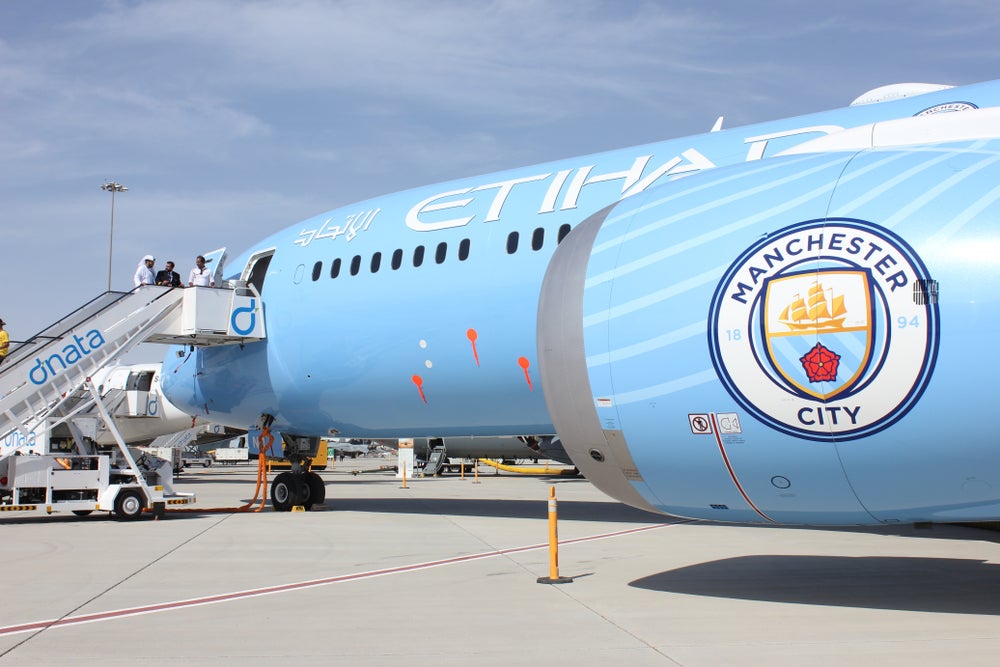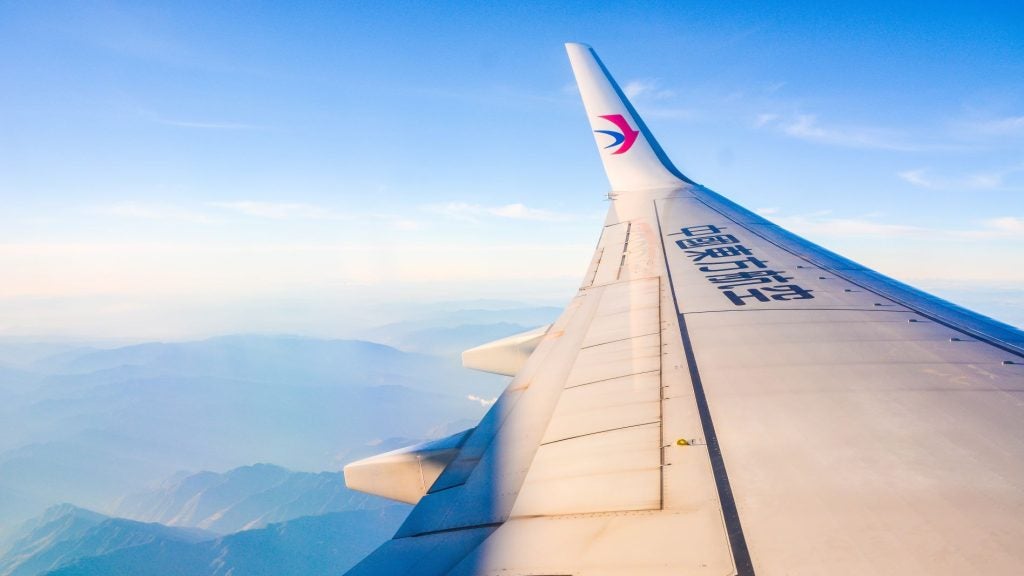
The Premier League is one of the most popular and lucrative football leagues in the world, with fans and players from all corners of the globe.
However, it is also a league that requires a great deal of travel, with teams travelling to various parts of the country and even to different continents for cup competitions. While this travel is often necessary, there are concerns about the environmental impact of the frequent and often unnecessary domestic flights taken by Premier League clubs.
The public is becoming aware of these short-haul flights from the social media accounts of the players and, due to the growing awareness about the impact of air travel on the environment, they are becoming justifiably outraged.
According to the Department for Business, Energy and Industrial Strategy, planes are significantly worse than any other form of transport in terms of emissions per kilometre travelled.
The positioning of these flights is also causing a problem. ‘Positioning’ or ‘empty leg’ flights are those with no paying passengers, where the plane is returning to its home base to pick up chartered passengers. They qualify as ‘ghost’ flights, a term increasingly being used to describe any flight with fewer than 10% passengers.
See Also:
The Premier League has signed up to the UN Sport for Climate Action Framework and as a result, is tasked with reaching net-zero by 2040. These short-haul domestic flights are going to present a major hurdle in this net-zero attempt from the governing body.
How well do you really know your competitors?
Access the most comprehensive Company Profiles on the market, powered by GlobalData. Save hours of research. Gain competitive edge.

Thank you!
Your download email will arrive shortly
Not ready to buy yet? Download a free sample
We are confident about the unique quality of our Company Profiles. However, we want you to make the most beneficial decision for your business, so we offer a free sample that you can download by submitting the below form
By GlobalDataWhy do clubs take these short-haul flights?
One of the main reasons why Premier League clubs take unnecessary domestic flights is the scheduling of games.
To accommodate television schedules and other commitments, matches are often scheduled at inconvenient times and locations. This means that teams may have to travel long distances for midweek fixtures.
While these scheduling issues are understandable from a commercial perspective, they can significantly impact the environment. For example, a team from London may have to travel to Newcastle for a midweek fixture, which would require a flight of around one hour.
This may seem like a short flight, but it still contributes to carbon emissions and can significantly impact the environment, especially when you include the whole squad and support staff, all of whom attend the match.
There are also concerns about the impact of these flights on the players themselves. Frequent travel can be tiring and can have an impact on the physical and mental health of players. This can lead to fatigue, injuries, and reduced performance on the pitch. It can also have an impact on the mental well-being of players, who may feel isolated or disconnected from their families and friends.
Addressing Premier League short-haul flights
One solution would be to review the scheduling of games and competitions to minimise unnecessary flights. This could involve scheduling midweek fixtures in closer locations or scheduling fewer international competitions.
While this may have an impact on the commercial success of the league, it would be a small price to pay for the long-term sustainability of the sport and the planet.
A second solution could be looking into alternative forms of transport that are less damaging to the environment. Instead of the emissions-heavy short-haul flight.
Currently, the answer is clear coach is the greenest form of travel with four times fewer emissions than a flight. But in the push for net-zero, soon the Premier League will need to start looking for more environmentally friendly travel methods in their attempts to hit the environmental target.









Related Company Profiles
The Premier League